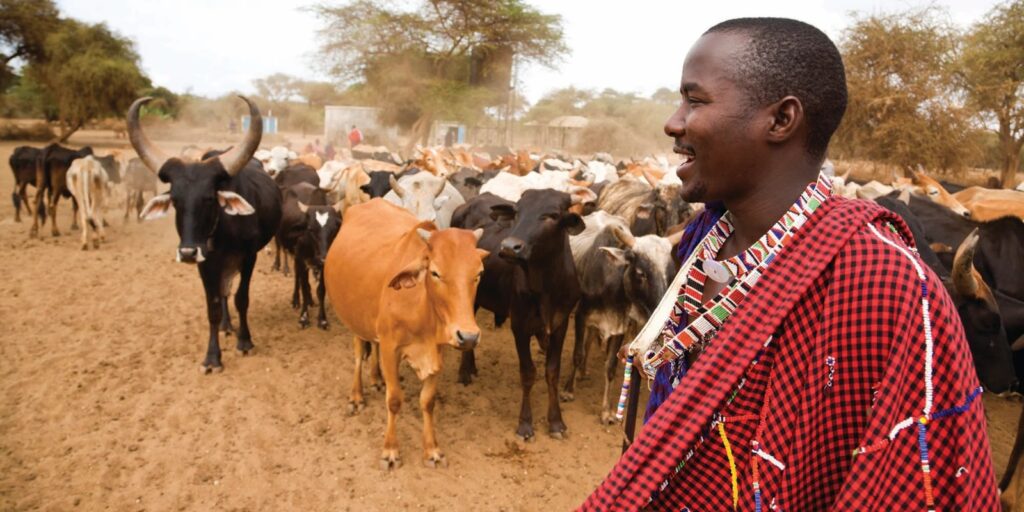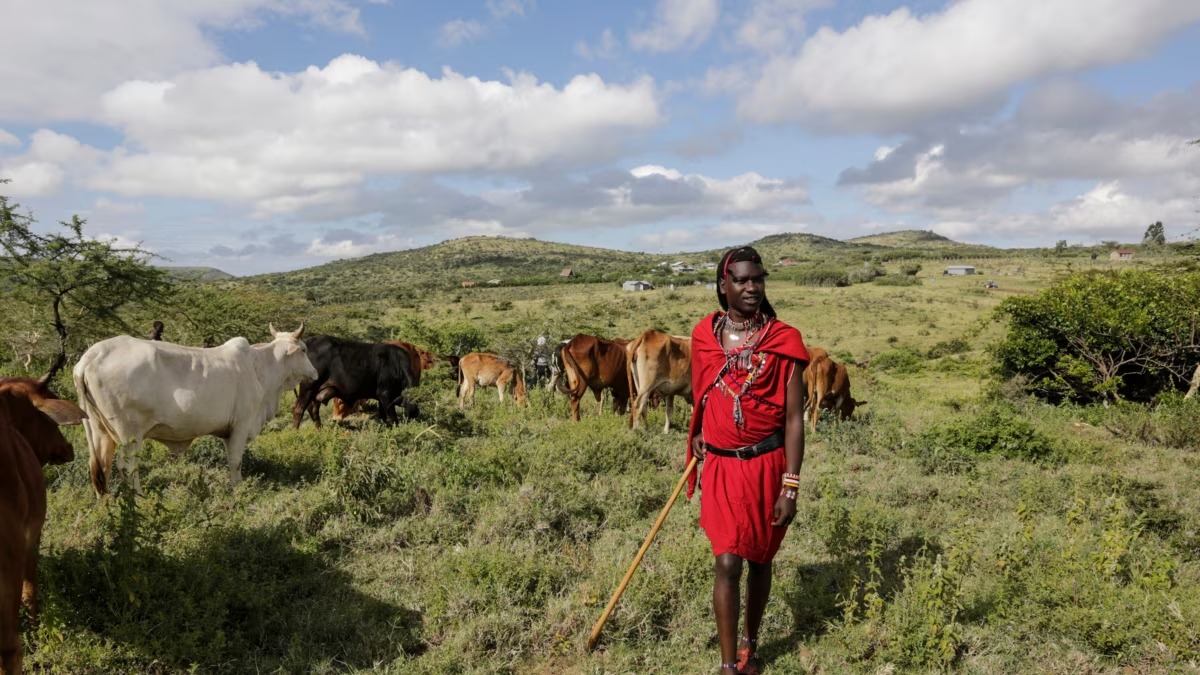Food & Climate
The Food and Agriculture Organization of the United Nations (FAO) and the European Union (EU) have signed a four-year 47 million-euro (equal $50.8 million) programme to enhance resilience and food security for pastoralists in Eastern Africa.
The initiative, named “Pastoralism and Livestock Adaptation to Climate Change in Eastern Africa Programme (PLACE),” is designed to address the challenges in developing sustainable, climate-resilient pastoral systems across the environmental, economic and social dimensions of pastoralism in the face of a rapidly changing climate, according to a press release “Food & Climate” platform received.
“We welcome this timely programme as the region’s rangelands face increased incidence and severity of climate-related shocks and a gradual degradation of the natural resource base, which is further threatening the pastoral way of life,” said Rein Paulsen, FAO’s Director of the office of Emergencies and Resilience.
Livestock is a lifeline for over 250 million people in the region and is deeply embedded in the communities’ social, cultural, and spiritual fabric. Pastoralists undertake livestock keeping not only as a commercial enterprise but also as a social investment.
However, pastoralism is at a critical juncture. Societal shifts in the region mean fewer young people are interested in what is traditionally considered a pastoral lifestyle. In addition, severe and frequent droughts have devastated rangelands, resulting in the loss of over 13 million livestock between late 2020 and early 2024.

PLACE will be implemented across four cross-border cluster areas—the Bahr el-Arab, Karamoja, Mandera, and Mara-Serengeti Clusters—spanning Ethiopia, Uganda, Somalia, South Sudan, the Sudan, Tanzania, and Kenya.
Pastoralism is crucial in these countries. For example, Kenya’s pastoralist (herder) communities contribute significantly to the economy. The pastoral sector is valued at US$1.13 billion. It provides more than 80% of the meat consumed in the country, according to “the conversation”.
In general, rangelands cover 54% of the planet’s terrestrial surface. With ecosystems as varied as deserts, grasslands, semiarid shrublands and savannas, a third of global biodiversity hotspots fall within rangelands.
More than 40% of the African continent is rangeland, including some of its most iconic landscapes, like the Serengeti or South Africa’s Highveld, according to “Mongabay”.
According to a report released by the U.N. Convention to Combat Desertification (UNCCD) in May, up to a third of global rangelands are at risk of such degradation, which can include desertification, soil fertility and biodiversity loss, or conversion into plantations, including ones that generate carbon credits from non-native tree species.
The consequences of rangeland degradation can be far-reaching. Wildlife that once roamed vast landscapes are squeezed, water gets scarcer, and devastating sandstorms become more common.
Rangeland loss also contributes to climate change — nearly one-third of the global carbon pool is contained inside their grasses, soil and vegetation. Despite all this, they rarely take center stage at international conferences to address climate change and biodiversity loss.
“And there’s another reason why the planet’s rangelands are important: they’re where a big portion of our food supply comes from. Sixteen percent of global food production takes place on rangelands, and they generate a whopping 70% of feed for domesticated herbivores like cows, goats and camels. Around 2 billion people’s livelihoods depend on these landscapes, including 200 million pastoralist households, which produce around one-tenth of the world’s meat” report said.
The UNCCD says those pastoralists are the key to protecting the planet’s threatened rangelands.
“If we don’t manage to understand how pastoralists think and manage the land, how they are mobile and flexible, how they interpret the landscape under different conditions, we are going to end up degrading the whole Earth’s rangeland system,” said Pedro Herrera, the report’s lead author.
PLACE focuses on environmental sustainability, economic development, and social inclusion. Its implementation is expected to directly benefit more than 100,000 households in Eastern Africa.
Efforts will focus on several key areas, including strengthening land tenure systems, reducing greenhouse gas emissions, preserving biodiversity and natural resources, building strong local economies within the livestock sector, fostering sustainable economic growth, reducing resource-based conflicts and creating jobs.

